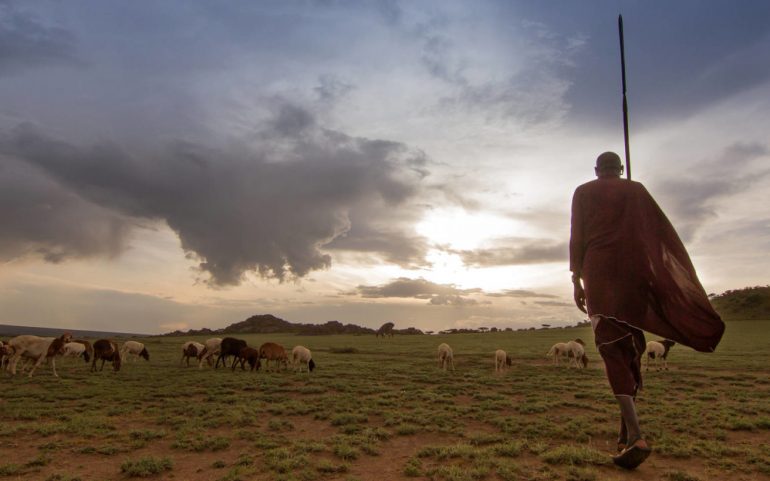In the modern information society where everything is interconnected through a huge database, it is paradoxical to think that there are things about man and our planet that we do not yet know. But there are points in Earth that hide secrets or more precisely remain relatively unexplored and "dark" for many.
The image of a native who lives alone in an Amazon rainforest, which went around the world a year ago, proves once again in developed western societies, that there are things in this world about which human knowledge is insufficient.
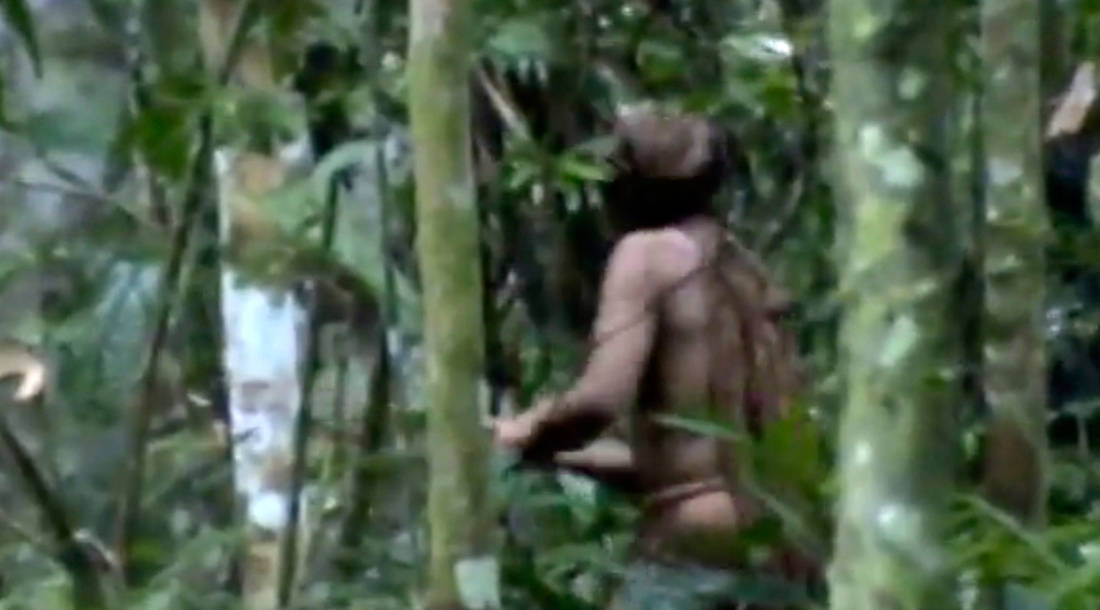
It has not been long since the existence of one of the most "dangerous" tribes in the world, known as the Sentinelese and living alone on an island, became known. Indian Ocean, almost untouched by modern culture.
In fact, anthropologists have known about this breed for decades, and from time to time there have been testimonies of aggressive behavior of the natives of the island located in the Andaman archipelago towards potential visitors.
The highlight is the case of the missionary John Cow who decided to go to the North Sentinel illegally in a kayak and the Bible to convert them to Christianity. The fishermen who helped him go to the island reported that they saw the natives shooting arrows at him on his first approach and finally after many attempts Kaou fell victim to the "insecurity" of the tribe for contact with the outside world and was killed.
Whether in the Indian Ocean or the Amazon or Africa, the history of the so-called tribes and their "civilization" has about the same typical characteristics. From the end of the 15th century, when the first European presence on the American continent was recorded, with Christopher Columbus, the "prosperity" of colonialism and the slave trade in the 19th century, to the far-right president of Brazil, Zaich Bolsonaro, intensifying the destruction of Delivering it to the growth plans of large corporations, the westernization of local populations follows the same path of integration into the global financial market.
What is "race"?
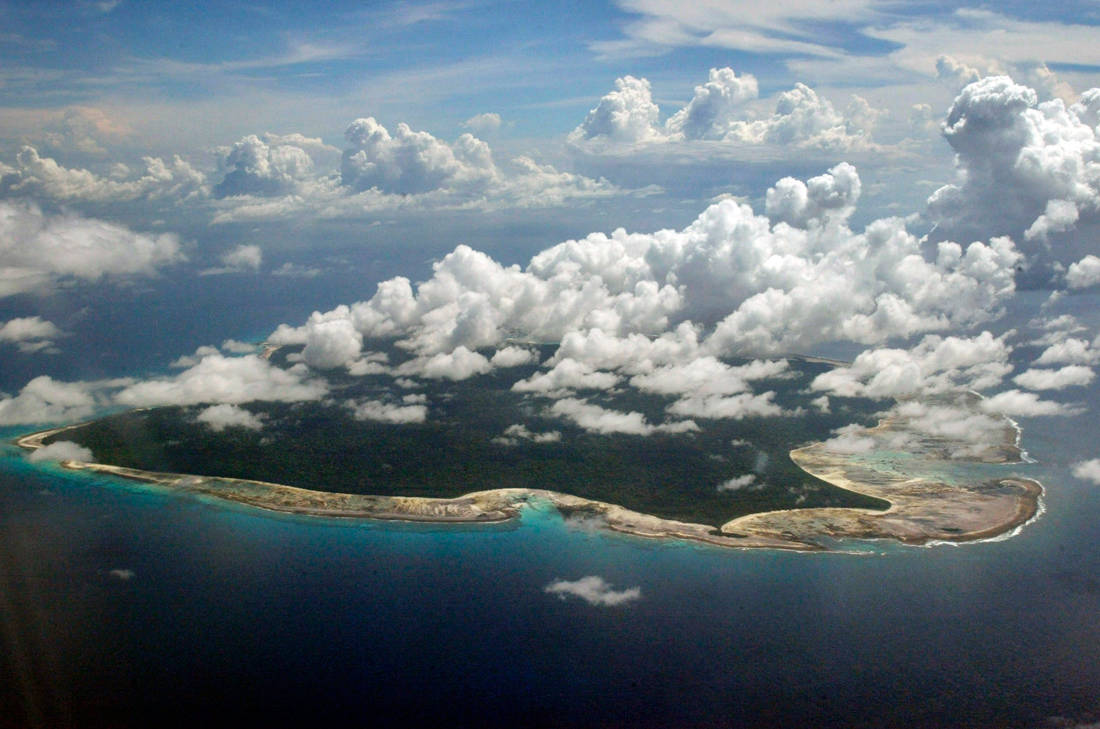
But what do we really know about indigenous peoples and what do we miss? Emilios Tsekenis, Assistant Professor at the Department of History and Anthropology at the University of the Aegean, was asked to answer these questions.
"It simply came to our notice then races is wrong from the beginning. One has to start from there ", Mr. Tsekenis tells us in quotation marks and continues:" Anthropologists no longer use the term and when they do, they put it in quotation marks. Now we talk more about ethnic groups, about communities. Race is for anthropology and the "primitives", what is for us the nation. We can draw a parallel, in the sense that the nation is for the West what the race is for, say, Africa. Today we are not talking about race. There is a misunderstanding. The race is perceived as an entity homogeneous, stable in space and time, which does not change, which has a coherence, there are no conflicts, everything is harmonious, they have a very close relationship with nature, with the environment. "This image is fictitious and is often invoked by the natives, having adopted a perspective that has been imposed on them consciously or unconsciously."
- But when did the discussion about races arise?
"The issue of race in Africa, for example, is much more politically charged in America, in Amazon, in South America. It is largely a matter of colonialism. These are entities that were essentially created from the end of the 19th century, when the period of colonialism in Africa begins until the middle of the 20th. In other words, the Africans themselves embraced these notions that were essentially imposed during colonialism arbitrarily. The concept of race is different in Africa and different in other parts of the world. In the common perception it has the meaning of the primitive, the wild, the uncivilized.
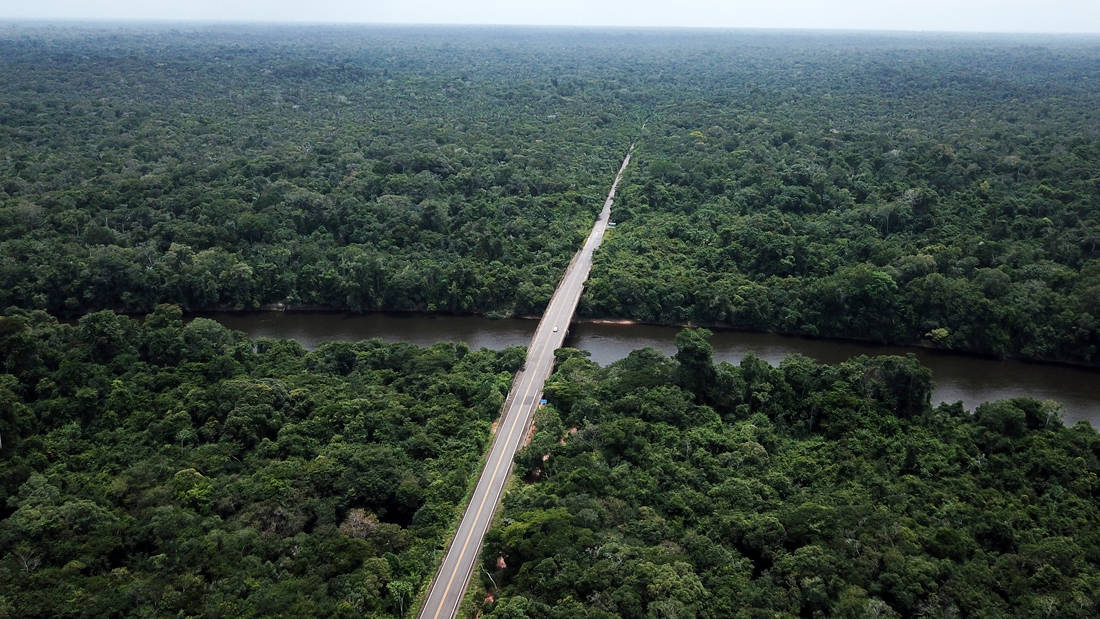
Colonialism was generally a very violent phenomenon as a natural reality, as a physical violence and as a cultural reality. Enforcement of religion and beliefs that are western. Because the perception of race and community has a very close relationship with modernity, that is why there are conflicts, claims of land, on the basis that "here I had ancestors 500 years ago". As we say that we come from the Ancient Greeks, the scenario for the nation. The natives had now embraced completely wrong perceptions. The notion of indigenousness is wrong, because we are talking about populations that were constantly moving. So there is no identification of population and space. "
- But along with the westerners, the missionaries also came.
"And the missionaries played a very big role in shaping a collective identity for the tribes. Like the contribution of the Africans themselves. That is, it was co-formed, it is not true to say that it was imposed unilaterally. The Africans many times they adopted without much pressure these new notions of collective identity, of their race that has been living there for centuries and has never moved. That there is an identification of language and territory and religion, even though this was never the case. "
- The prevailing perception in the western world is that indigenous peoples live in specific spatial contexts and have no contact with the rest of the world, except when he discovers them.
"99,9% of all communities were in contact with the rest of the world, between related tribes and communities, that is, we should not imagine that before colonialism and their contact with the West these peoples were isolated. On the contrary, it has been anthropologically proven that they also engaged in trade and went far beyond the boundaries of their community to trade and exchange. It is the exact opposite of what we have in mind. They did not wait for the West to have contact with the rest of the world.
Even the transatlantic slave trade was a way of integrating and linking these African peoples to the world economy. It started in the 16th century and ended in the early 19th century. The slave trade was an indirect contact of African communities with the West. Many of these people had never seen whites, because the Europeans were confined to the coasts of West Africa. They were abducted from their inland communities by the Africans themselves, because the Africans also collaborated with the slave traders. They raided, grabbed them and brought them to shore. And there they saw for the first time these white populations. Even the sea they had never seen in their lives.
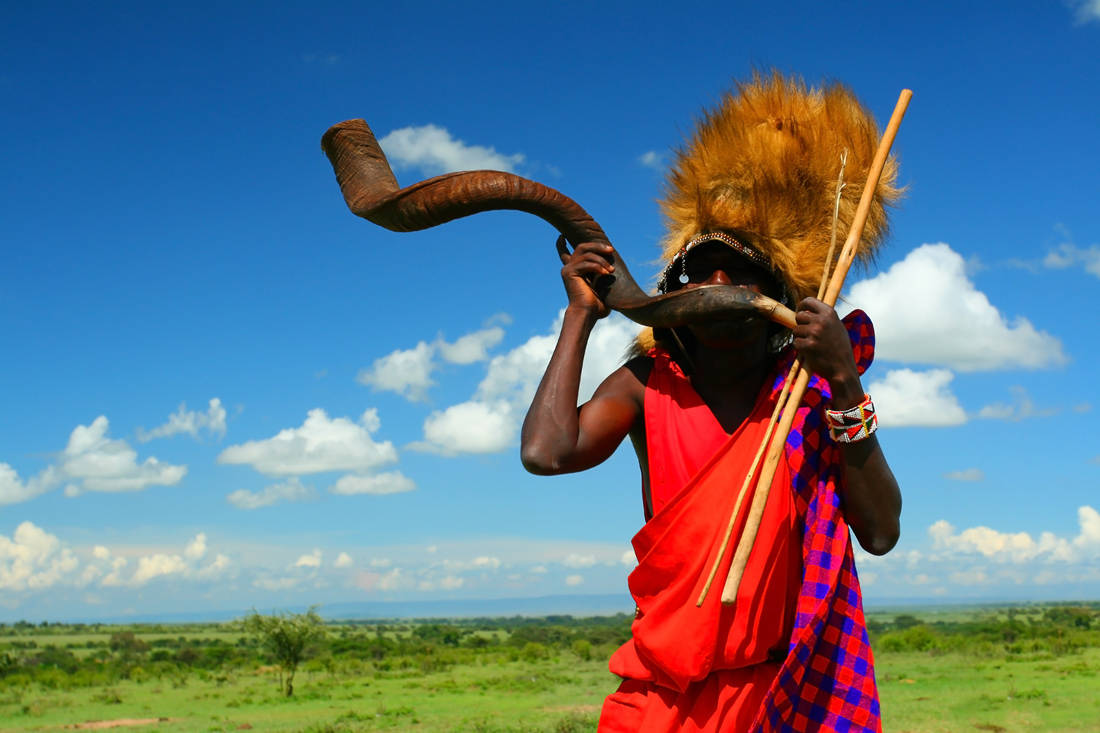
Then there is the contact with colonialism and how the peoples through this contact adopted some elements, values, perceptions, practices of the West. So we had the creation of hybrid concepts and practices. And in religion, they inoculated Christianity with "paganism". And in the way they adopted the money that did not exist until then in the western sense. "They had their own money but it did not work the way it works for us and it did not have the same importance that it had in the West."
- Are there tribes today that we do not know or that we know little about?
"There are no more communities we do not know. Only maybe the one in the Pacific that was published 1-2 years ago. We know about all the communities fortunately or unfortunately, more or less isolated but not completely. This no longer exists. "In the 40s, you might even see some communities that had no contact with the West."
The Sentinelese have rekindled the debate over lost civilizations, far removed from ours.
"The tribe in the Pacific had no contact with the West. This community is insular though, it all counts. "In Africa and America, however, the same is not true, as they are continental territories."
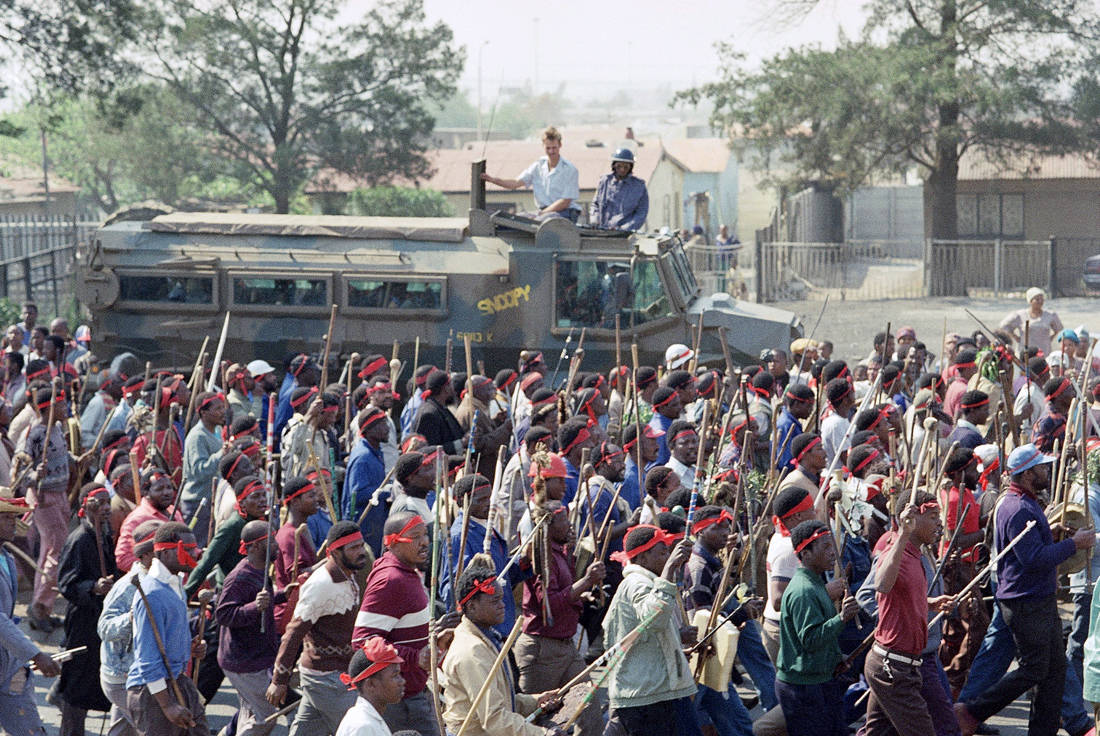
Mr. Tsekenis also spoke to us about these communities that are best known in Western societies. "Let's say the Zulu are a very different case. It has to do with Apartheid, it's on South Africa, we have difficult tribal situations. This absolute racial segregation did not exist in other African tribes. Each country on the African continent has its own history. What does African tribes really mean? First of all, the pre-colonial African tribes themselves were so different, especially when they came in contact with the West. "Most communities are made up of subgroups, sub-tribes, each with its own dialect, in the same language group."
- So what do indigenous communities have in common with our own societies?
"Many communities have joined a nation-state, which began to form in the 40s with nationalist movements that wanted to build a state by Western European standards, with all the difficulties that such an endeavor could have. Especially in the case of Africa, which is made up of a mosaic of ethnicities and there is not even a common language, which is the basis, the foundation of the nation. "On the other hand, there have been conflicts between them over financial resources, access to office or administration, as well as divisions between an elite of the palace, the ruler on the one hand and the common people on the other, who had no fate in the sun."
